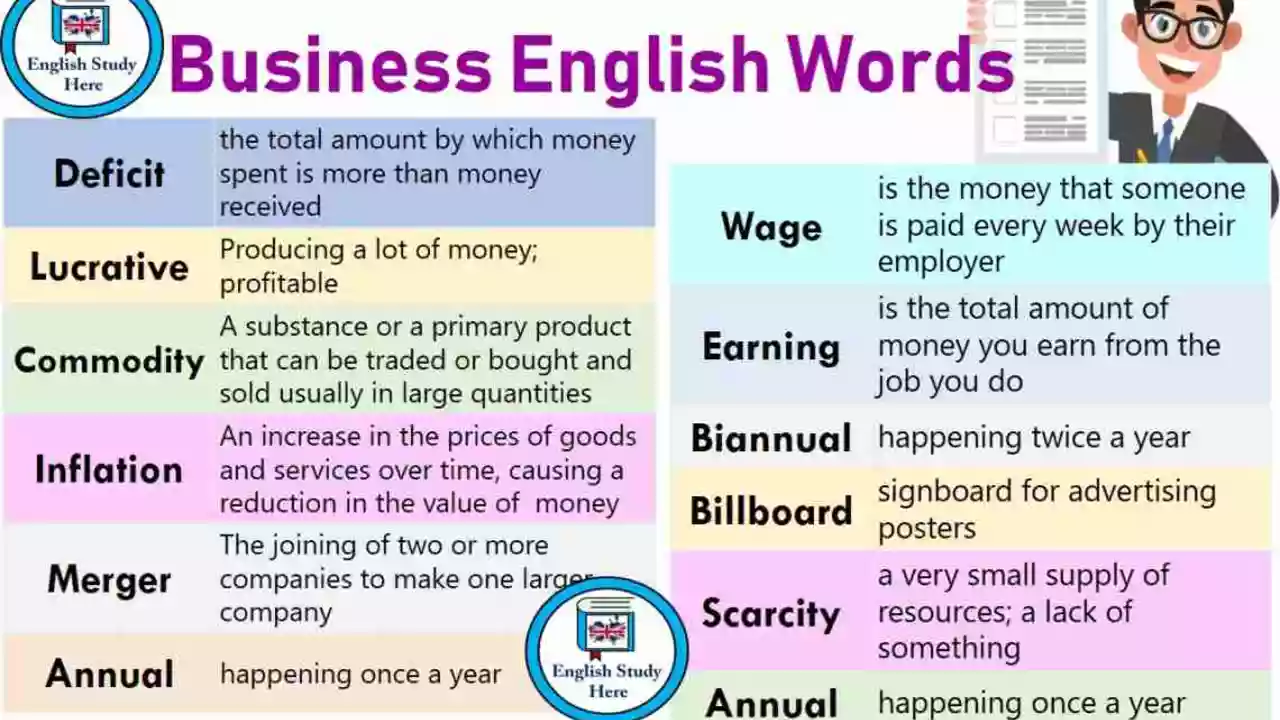Language Variations in PHP – Tips for Every Developer
If you’ve bounced between PHP versions or switched frameworks, you’ve probably felt the sting of subtle syntax changes. Those little differences can break a script in minutes, but they also offer handy shortcuts when you know how to use them. This page pulls together the most common language variations you’ll meet in PHP, so you can code with confidence no matter the environment.
Version‑to‑Version Changes
PHP 7 introduced scalar type declarations, anonymous classes, and the null‑coalescing operator (??). Those features were huge upgrades, but they also meant you needed to update old code that relied on loose typing. Moving to PHP 8 adds even more twists: union types let you accept multiple data types in a single parameter, and the match expression replaces many switch statements with cleaner syntax.
A quick way to stay safe is to lock your project to a specific major version in composer.json. That way Composer warns you if a library you’re pulling in requires a newer PHP. When you do need to upgrade, run php -d display_errors=1 -r "" on a test branch and watch for deprecation notices. Fix those, and you’ll avoid nasty runtime errors.
Another pitfall is the change in default error handling. PHP 7 throws a Throwable for errors that used to be silent warnings. Wrapping risky calls in try / catch (Throwable $e) gives you a graceful fallback without crashing the whole script.
Framework‑Specific Syntax
Laravel, Symfony, and WordPress all sit on top of PHP, but each adds its own flavor. Laravel leans heavily on fluent method chains – think Model::where()->orderBy()->get(). Those chains read like English, but they also depend on the magic __call method, which can hide errors if a method name is misspelled. A good habit is to enable php artisan ide-helper:generate so your IDE flags unknown methods before you run the code.
Symfony prefers explicit service definitions in services.yaml. That makes dependency injection clear, but you’ll see a lot of use statements at the top of each file. Keeping those imports tidy prevents name clashes when two bundles use the same class name.
WordPress is a different beast – it mixes procedural functions with object‑oriented hooks. A common variation is the way you add actions: add_action('init', 'my_function'); vs. the newer add_action('init', [MyClass::class, 'myMethod']);. The latter is more testable, but older plugins still rely on the former. When you write a plugin, support both patterns if you want to stay compatible with legacy code.
Across all frameworks, the PSR coding standards (PSR‑1, PSR‑12) provide a baseline for style. Following them reduces the “I don’t get this syntax” moments when you read someone else’s code. Tools like phpcs automatically spot deviations, so you can fix them before a pull request lands.
Bottom line: language variations are a fact of life in PHP. By locking versions, watching deprecation warnings, and respecting each framework’s conventions, you turn those variations into advantages rather than obstacles. Keep this page bookmarked, and the next time you hit a weird syntax rule, you’ll know exactly where to look.
